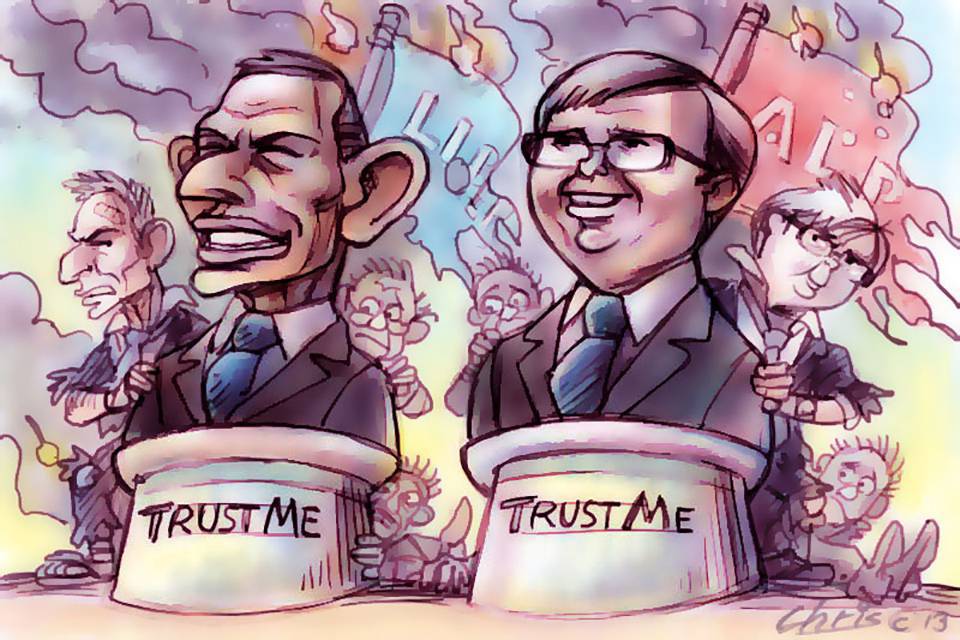Clemency Controversy: Trump's Potential Pardons for Jan. 6 Defendants
Republican President-elect Donald Trump plans to grant clemency to some of his supporters involved in the Jan. 6 Capitol attack. His promise raises questions about who might receive clemency, ranging from misdemeanor offenders to those facing serious charges, amidst expectations of addressing these cases shortly after taking office.

Donald Trump, the Republican President-elect, has vowed to extend clemency to certain supporters who participated in the January 6 Capitol riots. This pledge follows the infamous attempt to prevent Congress from confirming President Joe Biden's 2020 election win. Trump's move has sparked discussions around who among the more than 1,580 charged individuals might benefit from such actions.
Legal experts suggest that misdemeanor offenders, including those without violent charges, have the highest chance of receiving clemency. Notable examples are Couy Griffin and Rebecca Lavrenz, who faced only minor charges. Violent offenders, however, might experience difficulties in securing pardons, as legal complexities cloud potential clemency for serious offenders like Stewart Rhodes and Enrique Tarrio.
Presidents have significant clemency powers, encompassing pardons and commutations. Trump could issue blanket pardons impacting numerous Jan. 6 defendants, though large-scale clemency actions usually demand time to enact. With Inauguration Day being a federal holiday, the Bureau of Prisons won't start processing any clemency orders until the following day.
(With inputs from agencies.)
- READ MORE ON:
- Trump
- Clemency
- Jan. 6
- Pardon
- Capitol Riot
- Supporters
- Legal Experts
- Defendants
- Congress
- Misdemeanor
ALSO READ
Nationwide Protests Unite BSP Supporters Against Amit Shah's Remarks
Clashes between Islamists now in power in Syria and Assad's supporters kill 6 fighters
Clashes between Islamists now in power in Syria, Assad's supporters leave casualties
Standoff and Supporters: South Korea's Yoon Suk Yeol Controversy
Escalating Protests: Students and Supporters Halt Railways in Patna, Demand Justice from BPSC










